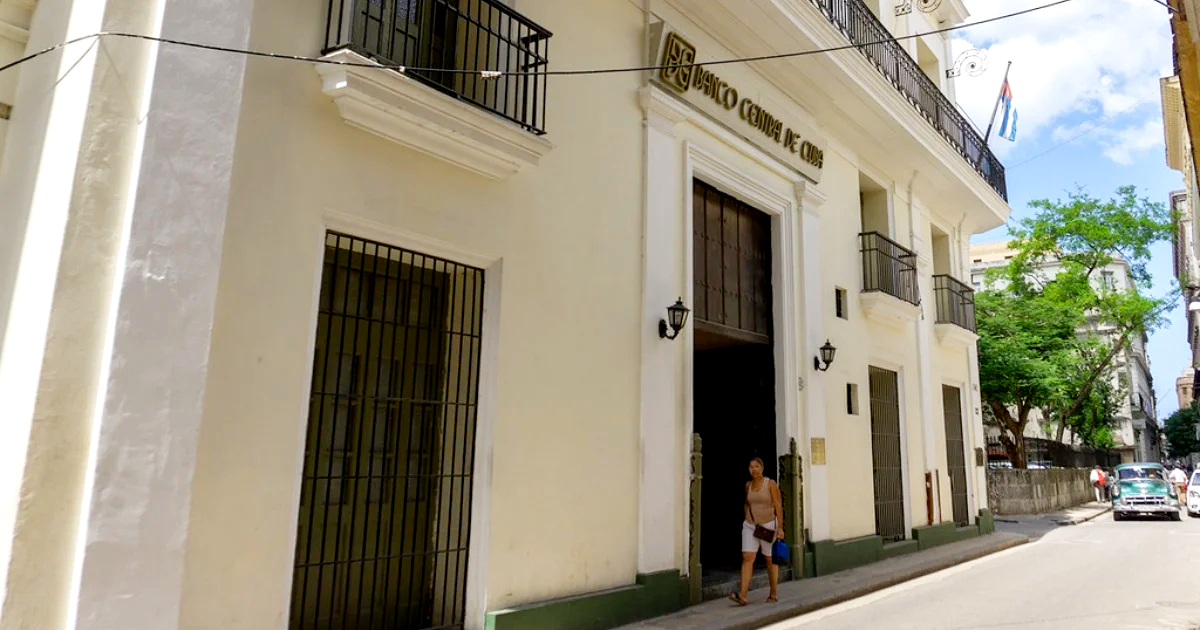
Two resolutions issued by the Central Bank of Cuba (BCC) and published this Monday in the official Gazette significantly modify the foreign banking presence on the island, with the departure of a prestigious Spanish banking entity and the landing of another Russian one.
The first decision involves the cancellation of the license of Banco Bilbao Vizcaya Argentaria S.A. (BBVA), which had operated in Cuba since 2000. According to Resolution 34/2024, this measure responds to the request of the bank itself, which decided to close its office in Havana.
At the same time, Resolution 40/2024 introduces a new player into the Cuban financial market, BCA NOVIKOMBANK S.A., a banking entity based in Russia. This institution has received authorization to open a representative office in Havana.
As reported Cuban Newspaper, NOVIKOMBANK is dedicated to managing, promoting or coordinating businesses in freely convertible currency, particularly with regard to correspondent agreements between its parent company and financial institutions in Cuba.
This detail underlines the bank's role as a facilitator of international transactions and not as an operator of direct banking services on the island.
Additionally, NOVIKOMBANK specializes in financial services for the industrial and technological sector, particularly in areas related to defense and high technology, reflecting its role in the Russian national economy.
NOVIKOMBANK's operation in Cuba will be limited to representative functions, without engaging in direct banking operations, in accordance with BCC regulations. Its operations in the Cuban market could be interpreted as a reflection of Russia's growing influence in the country and the region.
This adjustment in Cuban financial policy questions the future of financial relations between Cuba and the rest of the world. The revocation of BBVA's license and the granting of a new license to a Russian entity demonstrates even greater dependence of the Havana regime on its ally in Moscow.
The registration process of NOVIKOMBANK in the Registry of Financial Institutions and Non-Financial Entities of the Central Bank must be completed within a period of fifteen business days from the validity of the resolution.
The Cuban regime's ability to attract international financial institutions, while maintaining strict control over the operations they can carry out within the country, continues to represent an obstacle for the global banking sector.
The above, coupled with the sanctions that apply on international actors that contravene the legal provisions of the US embargo on Cuba – a country that is included on the List of countries sponsoring terrorism – continues to represent an obstacle to the finances of a regime that is increasingly isolated and dependent on the oligarchic power of Russia.
What do you think?
COMMENTFiled in: